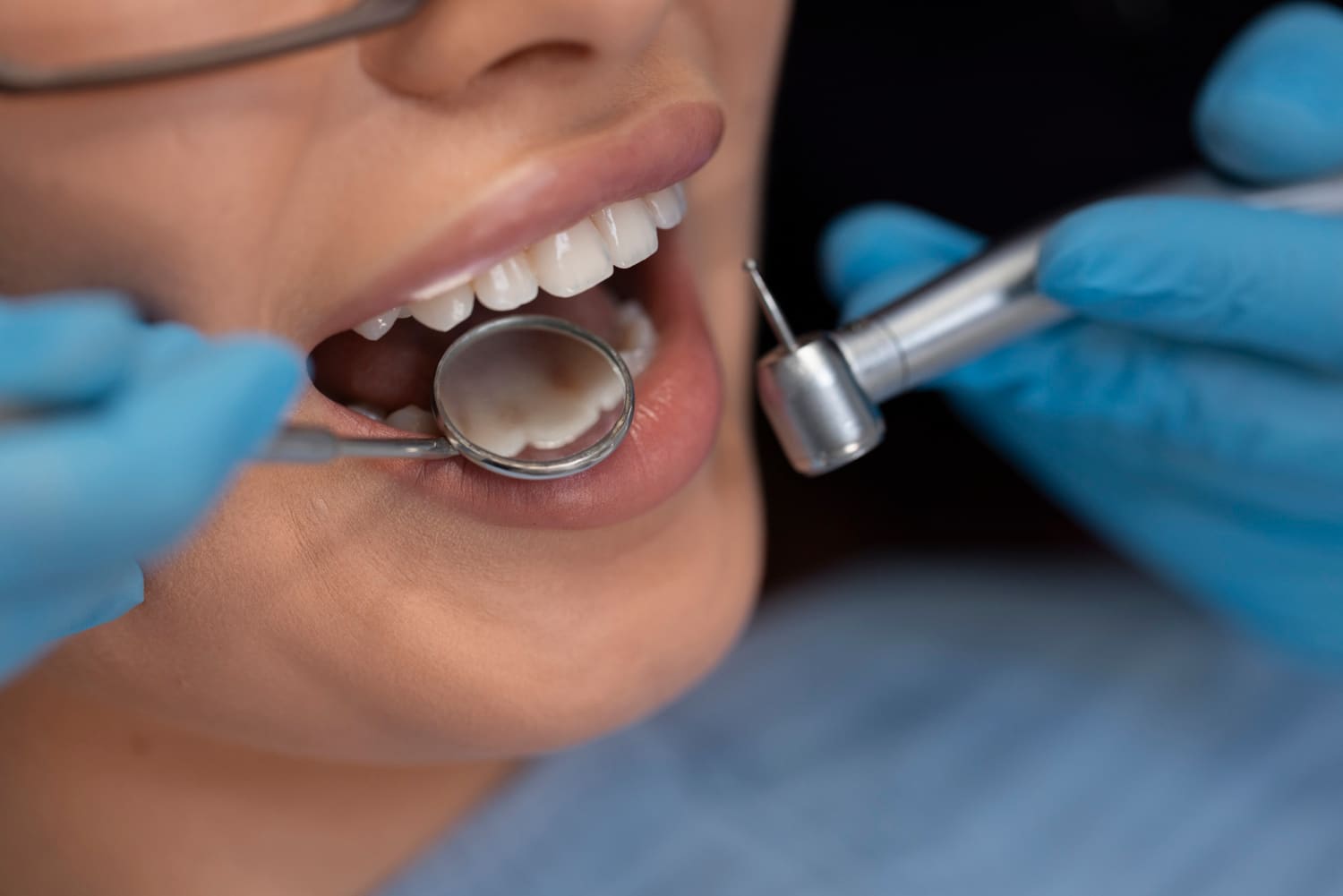Dental bridges are a fantastic solution we offer to fill the gaps in your smile caused by missing teeth. Not only do they restore the function and aesthetics of missing teeth, but they also help maintain the natural shape of your face and alleviate the stress on your dental structure. Understanding how these bridges work and how to care for them can significantly extend their lifespan and maintain your oral health.
In our practice, we prioritize educating our patients about the best care practices for all dental work, including bridges. Proper maintenance is crucial, not just to keep your bridges in top shape but also to prevent additional dental issues that may arise from negligence. We’ve developed a series of easy-to-follow care tips designed to integrate seamlessly into your daily routine, ensuring that your bridges last as long and perform as well as they were intended.
Join us as we explore these vital care strategies, aimed at helping you maintain optimal dental health with minimal hassle.
What Are Dental Bridges and How Do They Work?
Dental bridges are custom-made dental appliances that we use to replace one or more missing teeth, bridging the gap between the existing natural teeth or implants on either side. The main components of a dental bridge include the pontic, which is the false tooth or teeth, and the abutments, which are the natural teeth or implants that support the bridge. By effectively filling the spaces of missing teeth, a dental bridge not only restores your dental functionality but also prevents the remaining teeth from shifting, which can lead to bite problems or jaw pain.
The placement of a dental bridge typically involves two main visits to our clinic. During the first visit, we prepare the abutment teeth for the bridge. This preparation involves reshaping these teeth so that caps, also called crowns, can be placed over them to support the bridge securely. Impressions of the teeth are then made to create a precisely fitted bridge, custom-made in a dental laboratory. On your second visit, we fit the permanent bridge, adjusting it as needed to ensure an optimal fit before it is cemented into place, restoring the natural contour of your teeth and the proper bite relationship between upper and lower teeth.
Daily Cleaning Practices for Dental Bridges
Maintaining the cleanliness of your dental bridge is vital for its longevity and your overall oral health. Daily cleaning not only helps in preventing tooth decay and gum disease but also ensures that your bridge remains in good condition. We recommend brushing your teeth twice a day using a soft-bristled toothbrush and fluoride toothpaste. It’s important to brush around and under the bridge to remove plaque and prevent bacterial buildup.
Flossing is also crucial, and using floss threaders can help navigate the floss under the pontic effectively. We also advise using an antiseptic mouthwash to help kill bacteria and maintain healthy gums. Beyond daily brushing and flossing, considering an interdental brush or water flosser might be beneficial, as these tools can provide additional cleaning around and beneath the bridge. Regular and proper care will not only extend the life of your bridge but also help keep your entire mouth healthy.
Professional Care and Regular Dental Check-Ups
Ensuring the long-term success of your dental bridge involves more than just daily home care; regular dental check-ups are critical. We advise our patients to schedule visits every six months, during which we conduct thorough examinations to ensure that both the bridge and surrounding teeth remain in good health. These check-ups allow us to detect any potential issues early, such as bridge loosening or damage, which can be addressed promptly to avoid more complex problems.
During these appointments, we also provide professional cleanings. Even with diligent home care, plaque and tartar can build up in hard-to-reach areas around the bridge, potentially leading to gum disease. Our skilled dental hygienists use special tools to clean around and under the dental bridge and check for signs of decay or wear, ensuring your entire mouth stays healthy. These regular visits are not just about maintenance but are also a great opportunity for you to discuss any concerns or changes you might have noticed with your bridge or overall oral health.
Common Issues with Dental Bridges and How to Prevent Them
Dental bridges are a robust solution for replacing missing teeth, but like any dental appliance, they can encounter issues. Common concerns include the bridge becoming loose, chips or cracks in the material, and discomfort or sensitivity in the anchored teeth or gums around the bridge. These issues are typically due to normal wear, improper fitting, or inadequate oral hygiene.
To prevent these problems, it’s important to follow all care guidelines we provide and address any issues as soon as they arise. Avoid chewing hard foods such as ice or hard candy, which can damage the bridge. If you notice any discomfort or loosening, contact us immediately. We can assess whether adjustments or repairs are necessary and can often remedy minor concerns before they develop into major issues.
Conclusion
By taking these precautions and maintaining regular dental visits, you help ensure the longevity and effectiveness of your dental bridge.
At Pickering Dental Services, your smile and well-being are our top priorities. Please reach out to us and book your next dental care in Pickering to continue enjoying a healthy, confident smile!


